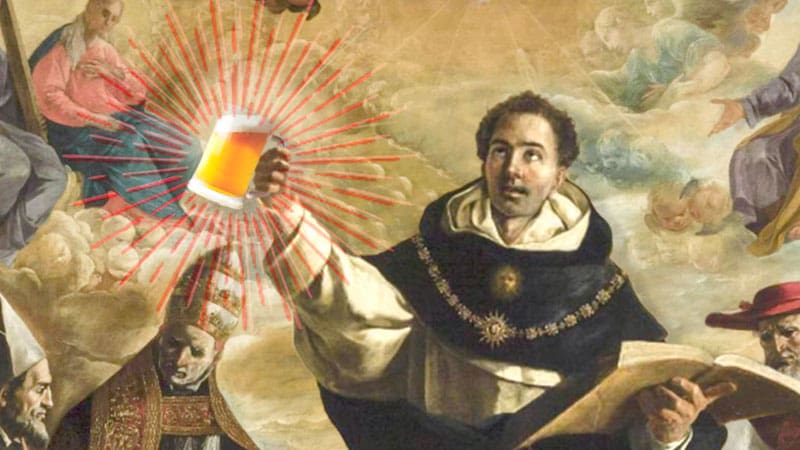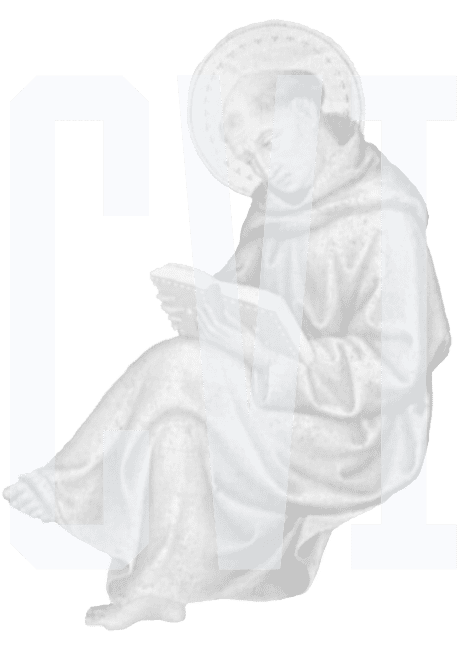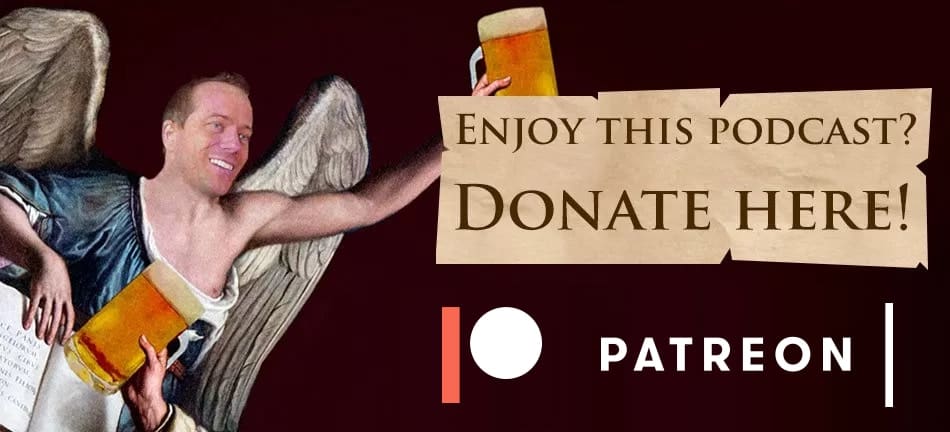Today is the first in a two part series on the incarnation I recorded with Fr. Gregory Pine.
I’d like to bring Fr. Gregory Pine on to PWA every other week. To make that happen we need 40 more patrons. Please help this happen by going to https://www.patreon.com/mattfradd
—
Here’s what we read today:
On the contrary, What frees the human race from perdition is necessary for the salvation of man. But the mystery of Incarnation is such; according to John 3:16: “God so loved the world as to give His only-begotten Son, that whosoever believeth in Him may not perish, but may have life everlasting.” Therefore it was necessary for man’s salvation that God should become incarnate.
I answer that, A thing is said to be necessary for a certain end in two ways. First, when the end cannot be without it; as food is necessary for the preservation of human life. Secondly, when the end is attained better and more conveniently, as a horse is necessary for a journey. In the first way it was not necessary that God should become incarnate for the restoration of human nature. For God with His omnipotent power could have restored human nature in many other ways. But in the second way it was necessary that God should become incarnate for the restoration of human nature. Hence Augustine says (De Trin. xii, 10): “We shall also show that other ways were not wanting to God, to Whose power all things are equally subject; but that there was not a more fitting way of healing our misery.”
Now this may be viewed with respect to our “furtherance in good.”
First, with regard to faith, which is made more certain by believing God Himself Who speaks; hence Augustine says (De Civ. Dei xi, 2): “In order that man might journey more trustfully toward the truth, the Truth itself, the Son of God, having assumed human nature, established and founded faith.”
Secondly, with regard to hope, which is thereby greatly strengthened; hence Augustine says (De Trin. xiii): “Nothing was so necessary for raising our hope as to show us how deeply God loved us. And what could afford us a stronger proof of this than that the Son of God should become a partner with us of human nature?”
Thirdly, with regard to charity, which is greatly enkindled by this; hence Augustine says (De Catech. Rudib. iv): “What greater cause is there of the Lord’s coming than to show God’s love for us?” And he afterwards adds: “If we have been slow to love, at least let us hasten to love in return.”
Fourthly, with regard to well-doing, in which He set us an example; hence Augustine says in a sermon (xxii de Temp.): “Man who might be seen was not to be followed; but God was to be followed, Who could not be seen. And therefore God was made man, that He Who might be seen by man, and Whom man might follow, might be shown to man.”
Fifthly, with regard to the full participation of the Divinity, which is the true bliss of man and end of human life; and this is bestowed upon us by Christ’s humanity; for Augustine says in a sermon (xiii de Temp.): “God was made man, that man might be made God.”



Reader Interactions